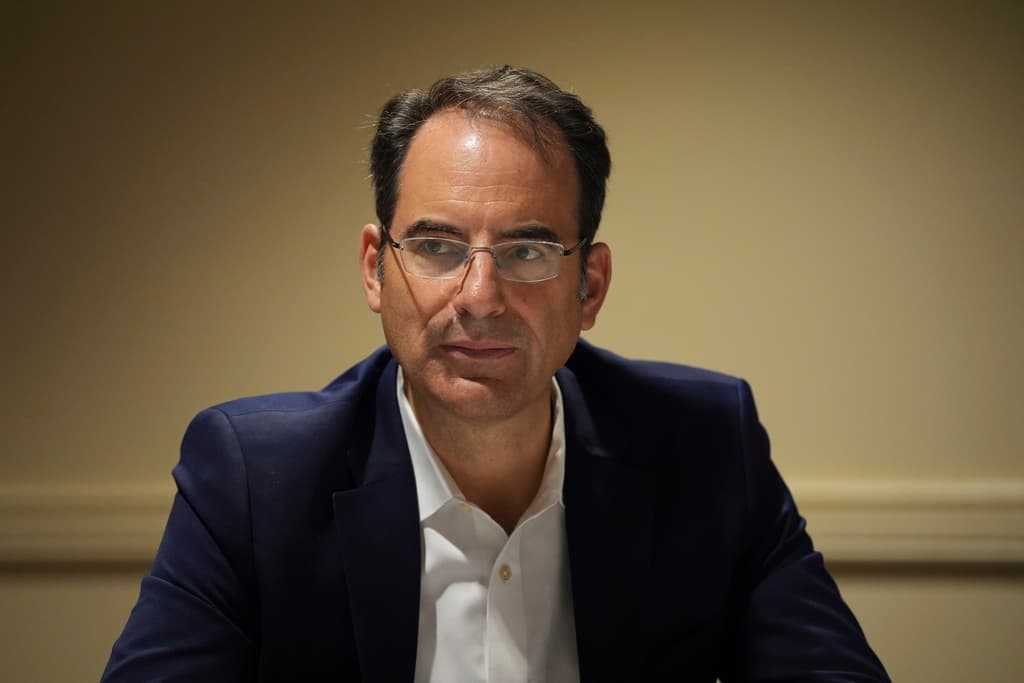Lord, how come me here?
Lord, how come me here?
Lord, how come me here?
I wish I never was born
There ain't no freedom here, Lord
There ain't no freedom here, Lord
There ain't no freedom here, Lord
I wish I never was born
They treat me so mean here, Lord
They treat me so mean here, Lord
They treat me so mean here, Lord
I wish I never was born
They sold my chillen away, Lord
They sold my chillen away, Lord
They sold my chillen away, Lord
I wish I never was born
- traditional Spiritual
- M. Roger Holland, II"...spirituals are 'historical songs which speak about the rupture of Black lives.' "
By M. Roger Holland, II
“Lord, How Come Me Here” is so simple in its words, repeated over and over; a vestige of African culture and idioms. It’s a song of deep lament, mourning, and grief. You can picture members of the enslaved community gathered to comfort one another at the end of the day, be it in their slave quarters or in the brush harbor of the invisible church (where enslaved people assembled to worship in secret). An individual gives voice to a collective hurt – “They treat me mean here, Lord,” and “They sold my children away.” The sharing of the testimony is comforting. It is also a prayer, a prayer of complaint to God – asking, pleading, for God to intervene and grant relief to those who are suffering under unjust conditions and inhumane circumstances.
Theologian James Cone said spirituals are “historical songs which speak about the rupture of Black lives.” This spiritual allowed the slave to openly question, in song, her/his sociological condition. It posed the existential questions, “Why am I here?”, “How did I get here?” and “Why is this happening to me?” The individual articulated not only personal experience, but the sentiment and experience of the entire community. The question “Lord, how come me here?” is both rhetorical and literal.
The line, “I wish I never was born” borders on suicide. Many Africans chose to end their lives aboard slave ships. Some starved themselves by refusing to eat the meager food they were given. Some threw themselves overboard and drowned in the Atlantic. They felt death was better than life in bondage. It is not an understatement to say that freedom was the foremost preoccupation of the enslaved.
M. Roger Holland, II is Teaching Assistant Professor of African American Music and Theology at the University of Denver’s Lamont School of Music, and Director of DU’s Spirituals Project Choir.
Holland joins with CPR Classical as co-producer of Journey to Freedom: The Spirituals Radio Project, a yearlong exploration of African American history and culture through spirituals. Holland will select and write about a new spiritual each month throughout 2021. Each will air during regular programming on CPR Classical, including Sunday mornings on our choral music show Sing! from 6 to 10 a.m., hosted by David Ginder.
Listen to CPR Classical by clicking “Listen Live” on this website. You can also hear CPR Classical at 88.1 FM in Denver, at radio signals around Colorado, or ask your smart speaker to “Play CPR Classical.”








